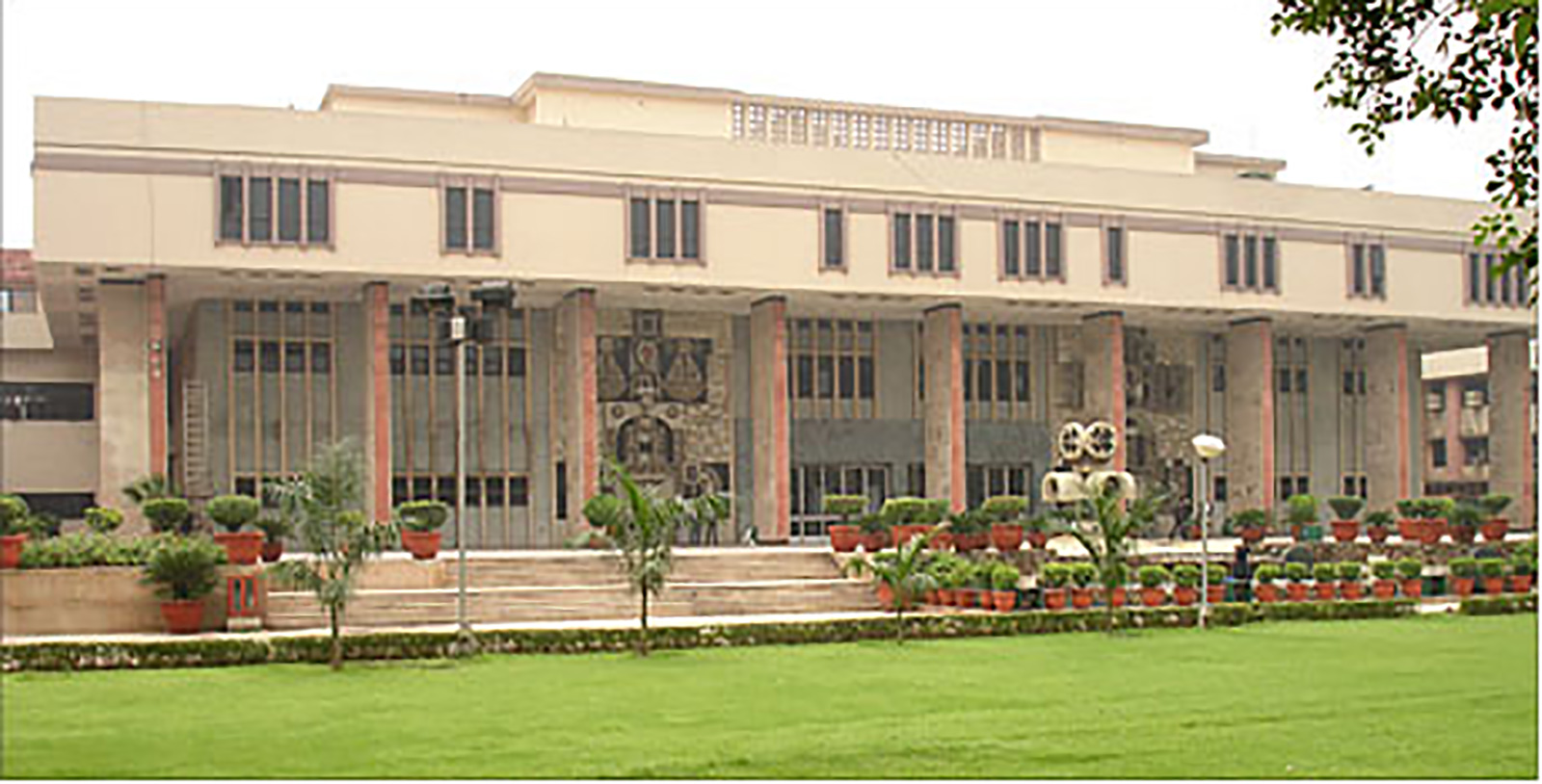
Inefficiency and Judicial Delay: New Insights from the Delhi High Court
An empirical case study that demonstrate links between inefficiencies in court functioning and delay
Summary: This report uses the Delhi High Court as a case study to demonstrate links between inefficiencies in court functioning and delay, and presents clear quantitative evidence on how several kinds of inefficient behaviour exhibited by counsel or the court manifest in case delays.
In India, pervasive delay in courts is typically blamed on judicial vacancies, and reforms tend to focus on long-term measures to increase the number of judges. A new study by the Vidhi Centre for Legal Policy, however, uses the Delhi High Court as a case study to demonstrate links between inefficiencies in court functioning and delay, and presents clear quantitative evidence on how several kinds of inefficient behaviour exhibited by counsel or the court manifest in case delays. We found a striking 97% of cases filed in the Delhi High Court and at least 60% of hearings in the court are affected by some inefficiency, and cause cases to be delayed.
To contextualise and explain the Delhi High Court’s high disposal rates in recent years, this report also closely examined cases that were disposed relatively quickly, and mapped the nature of cases and case categories that do not require prolonged adjudication. We found that speedy disposal of a case may reveal more about the case’s relative simplicity, rather than the court’s ability to handle its entire workload. To address delay and backlog, the report recommends institutional, policy and legislative reforms that focus on eliminating existing inefficiencies in functioning, measures that must accompany moves to increase judge strength and judicial infrastructure.


